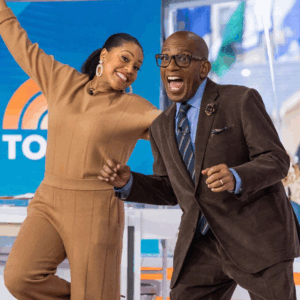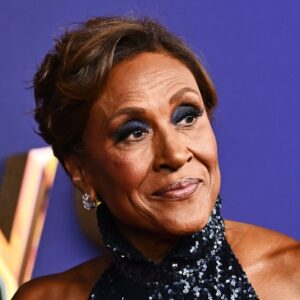Gen Z Calls Jimmy “Too Outdated to Get This Era!”—A Wave of TikTok Backlash
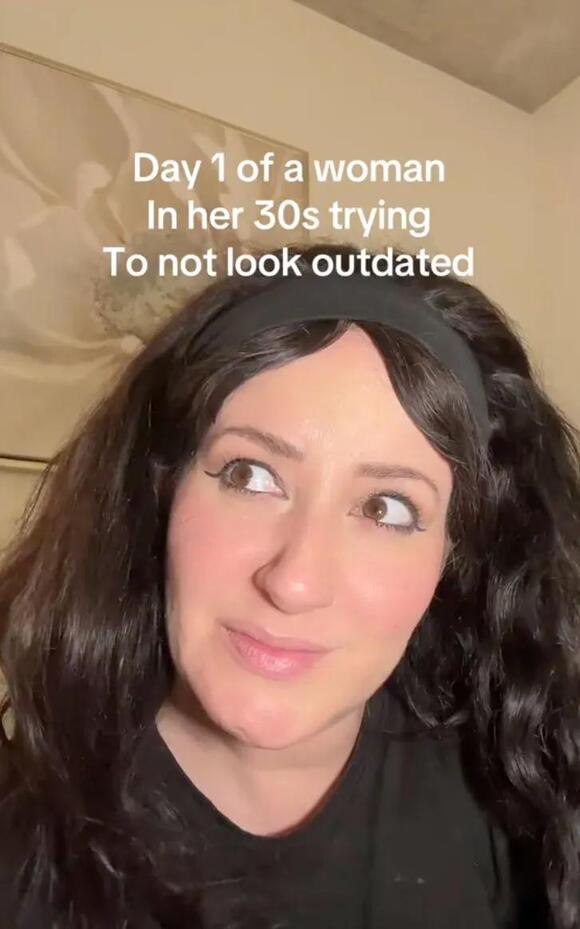
In the ever-evolving landscape of pop culture, generational divides have become increasingly pronounced, and recently, a notable backlash has been directed at talk show host Jimmy Fallon from Gen Z audiences. This criticism has sparked conversations across social media platforms, particularly TikTok, where users have voiced their opinions by labeling Fallon as “too outdated” to effectively connect with modern-day trends and cultural narratives.
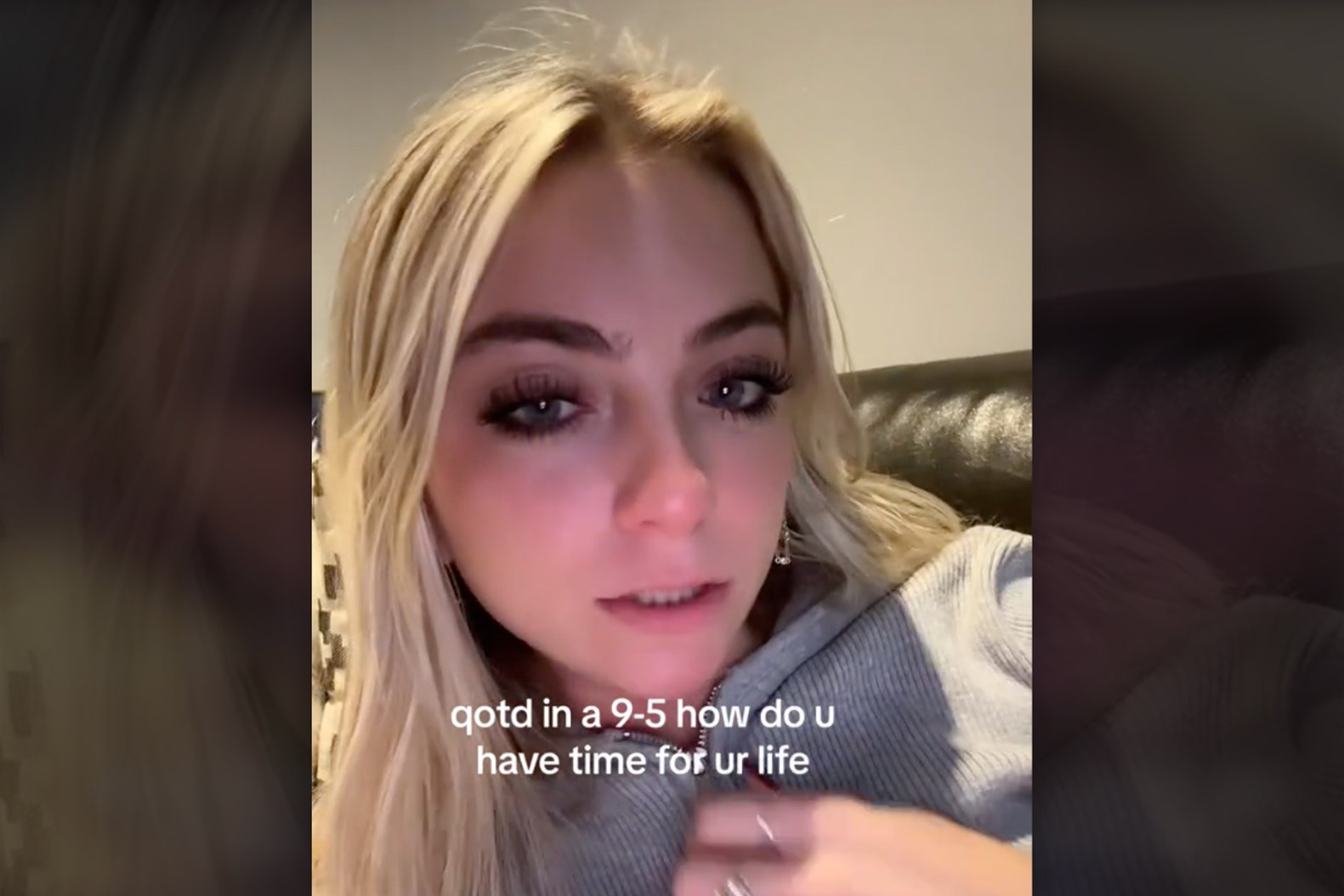
The sentiments emerging from this younger demographic indicate a growing dissatisfaction with traditional media figures who seem disconnected from their experiences and interests. Many TikTok users have taken to the platform to express their frustrations, sharing clips and commentary that highlight what they perceive as Fallon’s failure to adapt to the current media landscape.
The Disconnect Between Generations
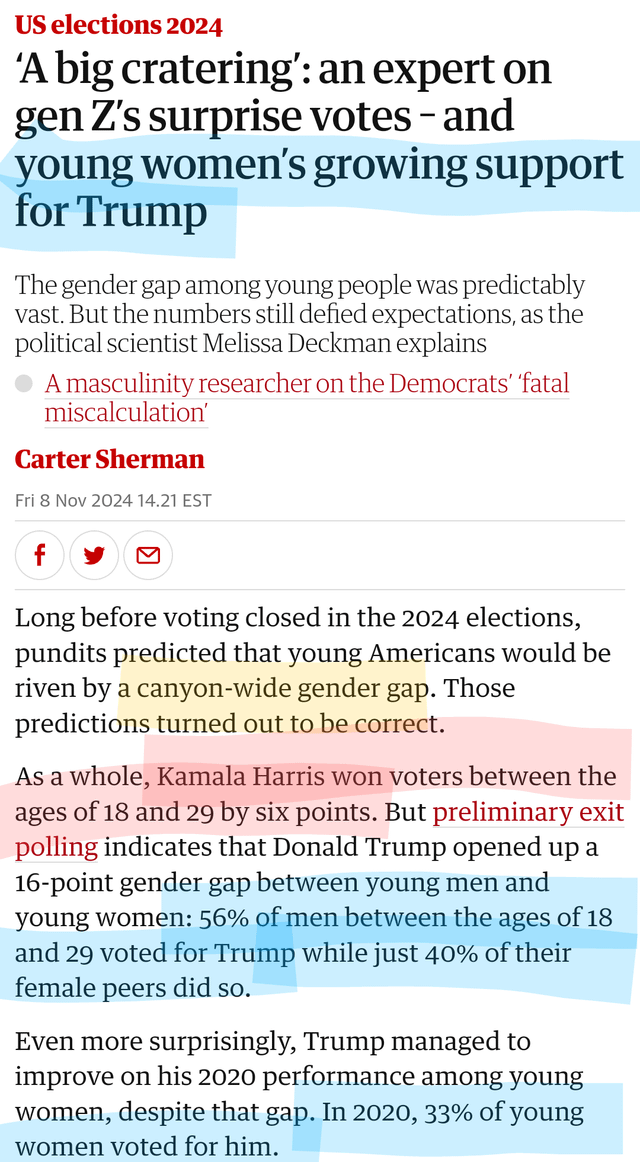
This backlash against Fallon reflects a broader cultural climate characterized by rapid change and a demand for authenticity. Gen Z, who have grown up in a digital-first world, often gravitate towards content that aligns more closely with their values and societal issues. In contrast, many older entertainers may not resonate as strongly with these evolving sensibilities, leading to criticisms of being out of touch.
As the entertainment industry shifts, there is an increasing call from Gen Z for media that is not only entertaining but also aligns with their beliefs and cultural contexts. Fallon’s style, which has roots in traditional talk show formats, may appear outdated to a generation that thrives on immediacy, relatability, and authenticity. This generational gap amplifies the notion that older media personalities need to innovate and find fresh ways to engage with younger viewers.
The Role of Social Media in Shaping Opinions

Social media platforms like TikTok have become crucial in shaping public discourse and influencing perceptions of celebrities. The platform allows for the rapid dissemination of opinions, allowing users to comment on and critique public figures with unprecedented ease. This immediacy can create a potent feedback loop, where public perceptions can shift dramatically based on user-generated content.
The TikTok backlash against Fallon is part of a larger trend where younger audiences use digital spaces to voice their preferences, showcase relatable content, and promote entertainers who reflect their generational experience. As a result, many traditional media figures are finding themselves at a crossroads: adapt or risk becoming irrelevant in a fast-paced digital landscape.
What This Means for the Future of Media
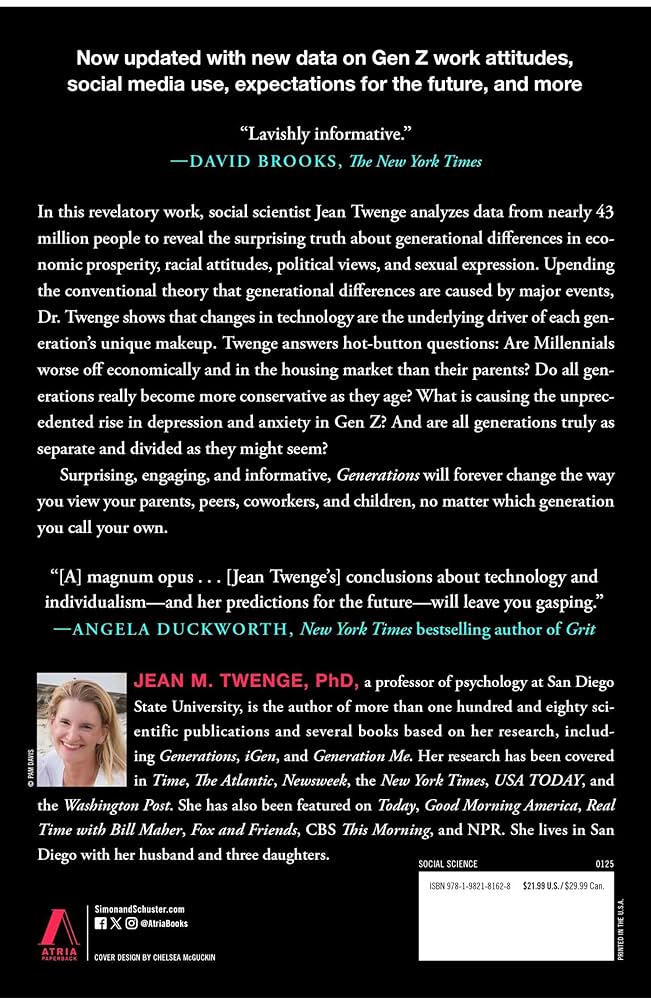
The criticism directed at Jimmy Fallon is emblematic of a larger issue facing many in the entertainment industry. As media consumption patterns evolve, the pressure on influencers, celebrities, and talk show hosts to innovate has never been greater. Gen Z’s insistence on authenticity could signify a critical shift, where media that simply entertains may not suffice anymore. Instead, there is a strong desire for relevance, representation, and connection.
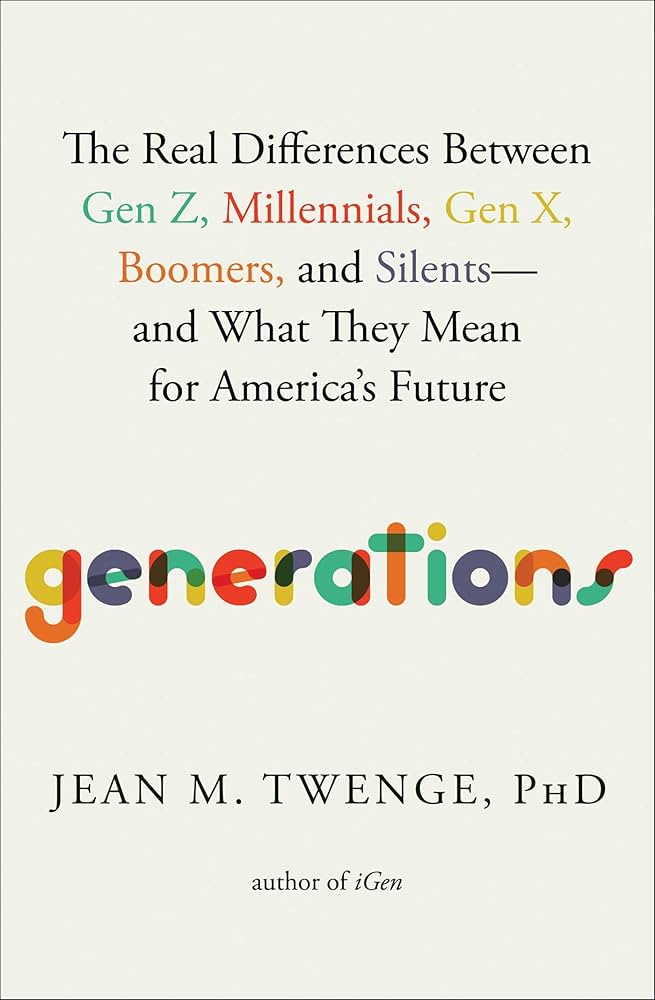
This generational push is likely to cause ripple effects throughout the industry. Established figures may find they need to reassess their branding strategies and content to remain appealing to a younger audience. Whether through embracing new formats, collaborating with relevant creators, or amplifying diverse voices, the way forward involves actively listening to the preferences of the generation that increasingly shapes the narrative.
In conclusion, the backlash against Jimmy Fallon highlights a significant shift in expectations from audiences, particularly among Gen Z. As the entertainment landscape continues to evolve, embracing new forms of media and engaging with contemporary culture will be vital for the survival and relevance of traditional entertainers. For those in the industry, actively adapting to these changes could ultimately foster stronger connections with audiences, ensuring their place in an ever-changing cultural narrative. As a viewer, how do you feel about the relevance of your favorite media figures? Share your thoughts and engage with the conversation!

